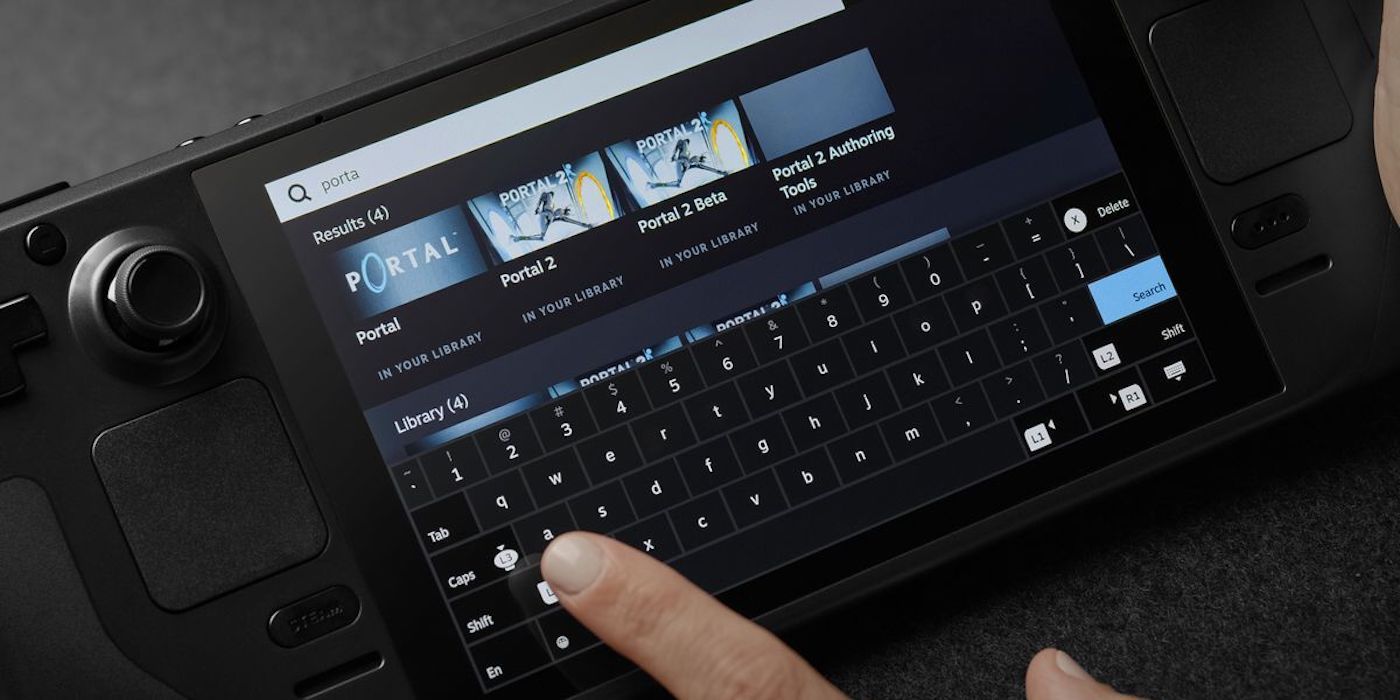Originally posted by Classical
View Post
1) Since "security" is one of the worst set phrases in the IT, question here is what you actually mean. First things first: It's really hard to compare FreeBSD to "Linux". To do so we'd have to compare kernels only. But comparing FreeBSD as a whole we'd have to check against some distro - and those tend not to perform the same when it comes to managing e.g. vulnerabilities. It's fair to say that in general in both camps there are people who take things very seriously and do a great job.
But despite liking FreeBSD a lot (or maybe rather because of it because otherwise I wouldn't care), I will not hold back that there are areas where it leaves a lot to be desired. To say the least. If anybody cares about this, I've written two blog posts about it earlier this year when the OPNsense team announced to switch to vanilla FreeBSD for their base. The first is about where FreeBSD is doing well and the second one is about its bad parts (so that's what the BSD haters might want to read to gear up a little):
https://eerielinux.wordpress.com/202...-and-security/
https://eerielinux.wordpress.com/202...ense-for-2022/
3) This is not true anymore. Since FreeBSD 13 (or 12.2 + ZFS from ports) both Linux and FreeBSD are using the same implementation: OpenZFS. And that's really a great thing for both. Linux used to lag behind quite a bit then caught up and eventually even grew new features of their own. While FreeBSD always stayed close to the illumos upstream (e.g. they implemented TRIM support in the lower layers instead of directly in ZFS to not break compatibility), the Linux port didn't really seem to care for ZFS as a whole. But then they invited FreeBSD to join them - and FreeBSD decided to accept the invitation. So ZFSonLinux was forked and modified to become ZFSonFreeBSD for a short while and the changes were then merged into the new upstream. When it was ready (i.e. the kernel modules for both Linux and FreeBSD could be built from a common repository!), the project was released as OpenZFS 2.0, making both ZFSonLinux and FreeBSD's old implementation based on that of illumos-gate obsolete.
What is true however is that the integration of ZFS into the system is much better on FreeBSD. It's working well on Linux, too, but it always feels alien, you usually need to manage it yourself (or live with pretty old versions) and it's being actively fought by some of the kernel taliban (most prominently GKH who hates it for licensing reasons). But while ZFS in FreeBSD is very good, you might want to take a look at illumos for the cherry on top. The way that BEs are built to be a native part of the OS still surpasses FreeBSD (which is no wonder since Solaris is where it originated from).
But let's move on to poke the penguin troll a little more, shall we?
Originally posted by Volta
View Post
Not a chance. Linux eats it for breakfast as shown in the link I provided. Furthermore, here are some very old benchmarks when Linux was young, but it didn't stop it from making BSD's to look like a toys:
http://bulk.fefe.de/scalability/
http://bulk.fefe.de/scalability/
Linux has had two main advantages: 1) It was a relatively fresh system in contrast to BSD that was weighted down by years and years of old ballast. 2) The USL vs. BSDi case lead to more and more companies going the "better safe than sorry" way and adapting Linux even though it was vastly inferior at that time.
When it came to the network stack, contrary to your belief, Linux was never a match for FreeBSD. It's not terribly hard to come up with scenarios that make one look better than the other. But you might want to take a look at why Netflix (and thus a company that at a point used to be responsible for 1/3 of the US internet traffic - all from FreeBSD boxes!) is using their OS of choice (though heavily tuned of course). Or why Facebook did quite a bit of work on the Linux side of things to make it perform comparably (they wanted to get rid of the FreeBSD machines they inherited when they acquired WhatsApp among other things).
FreeBSD doesn't come close to Linux when comes to security and networking performance.
Linux own the cloud and where's FreeBSD? Nowhere.
FreeBSD doesn't scale above two sockets, so it's a toy OS.
I don't care about ZFS.
Oh, legacy OSS crap again.
FreeBSD has no single advantage on desktop.
Linux is better in every single case (including community).
Just keep in mind that we're there, too, for when you're ready to leave Linux kindergarten.
 BSD is for grown-ups.
BSD is for grown-ups.
Linux is Linux while FreeBSD is Linux wannabe: 'stealing' graphic stack, desktop environments, file systems (this one from slowlaris), it's even emulating Linux, because it can't exist without Linux. You have no clue and I don't care about trollish opinions.
FreeBSD is not trying to be like Linux. Why do the penguins assume that there was any desire for inferior design? Because they think that anyone else would be glad to succumb to "success"? No, sorry. Not everybody agrees to have their values for sale. And when it comes to desktops that's a great field to argue over as well. Why? Because it's the one top area where Linux fails to gain any relevance to this day. There's multiple reasons for this and most of them are not Linux' fault at all. Still it's entertaining to see a troll clutch for such a straw - and even ignoring that among the many popular *nix DEs out there there's no deliberately Linux-only DE!



 ] eyes, since 'ya' have been obviously living under a (BSD) rock:
] eyes, since 'ya' have been obviously living under a (BSD) rock:

Leave a comment: